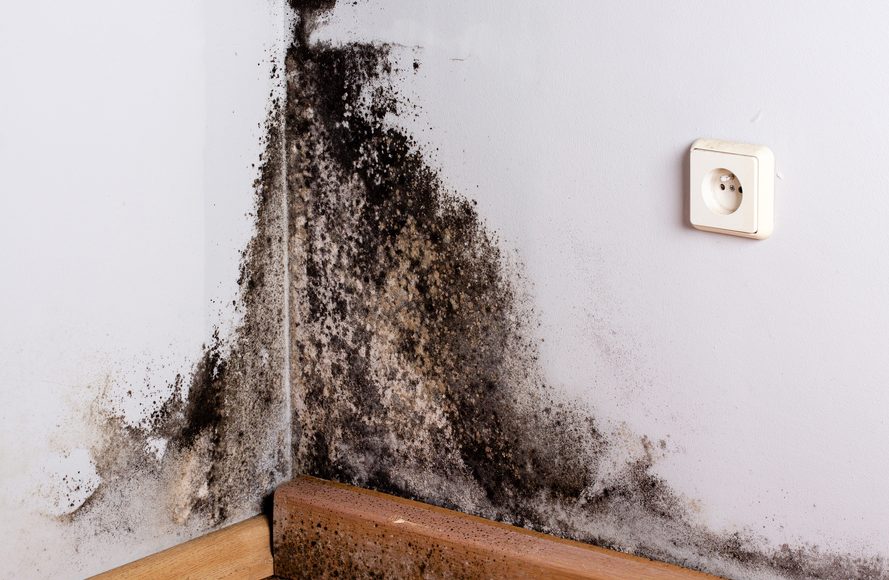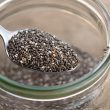Mold is formed on almost all things in the house when they are exposed to high humidity environment for extended periods of time. This can happen in very humid places, i.e. places near beaches or water bodies. Also, this can happen after a leaking pipe that has not been treated leaks water for a while resulting in mold.
We know that mold can grow on walls, carpets, clothes, paper and upholstery. And if left for a long time, these items cannot be restored and have to be thrown away in trash. However, aside from the damage it causes to physical household items in homes, mold can also pose to be harmful to health and can cause diseases.
Incorrected treatment of mold damage can result in mold not completely removed, and will reappear after some time. Hence, it is necessary to take proper care and go through the process of getting mold treated professionally.
Also, mold is very common in homes and buildings. As long as there is moisture, they will thrive. Hence, it is not necessary to panic, instead planning to improve the condition of the house and restoration should be the top priority.
The main diseases that occur with mold are respiratory types. Mold contain spores and it releases them regularly in to the atmosphere. Releasing spores into the air is its way of spreading. When there is a lot of mold infestation in a single room, the room is concentrated in spores and can cause breathing problems.
- Allergy: Mold-related particles and spores are a common cause of allergy, and people sensitive to these particles can suffer from discomfort when exposed to mold infected areas. The symptoms resemble hay fever or seasonal flu, and hence, can be mistaken for these resulting in incorrected diagnosis. Allergy can cause itchy nasal tract, sore throat, watery eyes and runny nose. The chances of asthma while in a mold filled environment are elevated.
- Aspergillosis: Aspergillus, a type of mold can cause a serious illness called Aspergillosis. This is not wide-spread, but the chances of contracting the disease are high and can be fatal. This mold does not bring out a disease in response by our immune system, instead it weakens the immune system without showing any outward symptoms. People will have reduced resistance to other pathogens, and people with existing lung disease can have a serious reaction.
- Other than these known diseases, mold is also thought of to be the cause some more diseases.
- Bronchitis
- Chronic rhinosinusitis
- Allergic fungal sinusitis
- Hypersensitivity pneumonitis
According to WHO and the CDC, there are few symptoms that appear in people living in mold infested areas. All of these point to some or the other type of mold in their houses, and hence, their house needs to be checked for mold and treated for it accordingly. The symptoms include:
- Skin and eye irritation
- Wheezing
- Fever
- Fatigue
- Nausea
- Headache
- Insomnia
- Nasal tract irritation
- Sore throat
When these symptoms are present, consulting the doctor and also inspecting your house for mold is a must, as without proper information the diagnosis might be inaccurate leading to persistence and further health related problems.
These diseases can occur only when there are spores present in the house. The best way to decrease the number of spores is to control the mold growth. There are certain ways in which one can prevent the growth of mold in their homes.
- Reducing humidity: As the main and only factor for mold growth is presence of moisture, make sure to deal with any kind of water related mishap as fast as possible.
- Treatment of mold: If your house has mold, it is necessary to get it treated by a professional company dealing with treatment of mold. There are many ways to do it at home using home remedies, but sufficient care should be taken and caution practiced before attempting to clean it by yourself.
Prevention is better than cure, and this is true even in the case of molds. There are many way to keep your house relatively moisture free, making it difficult for mold to settle in your home. This can go a long way in keeping the diseases and other health related issues caused by mold from infecting your family.

















